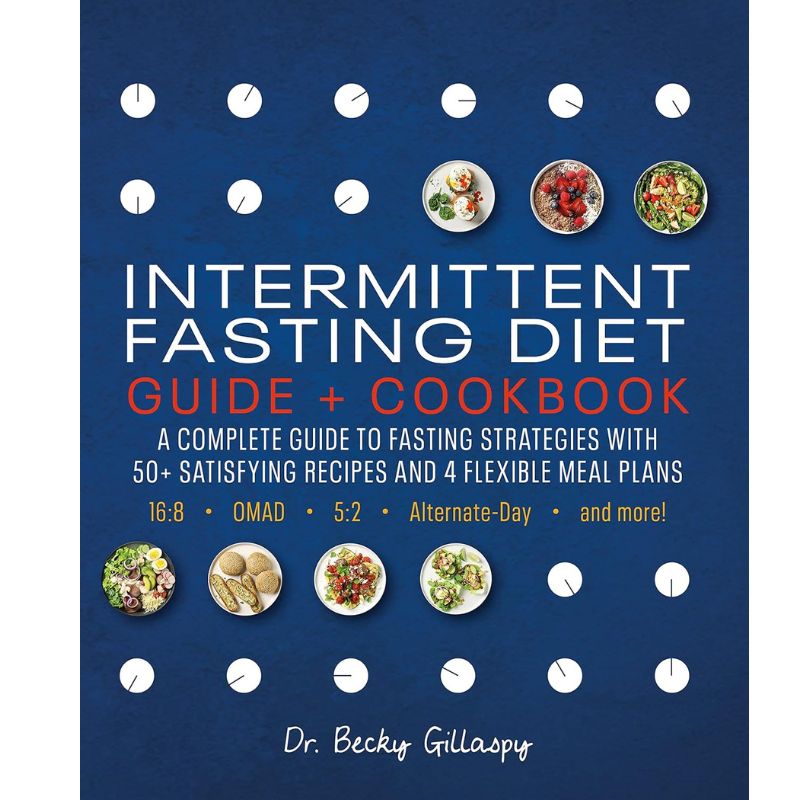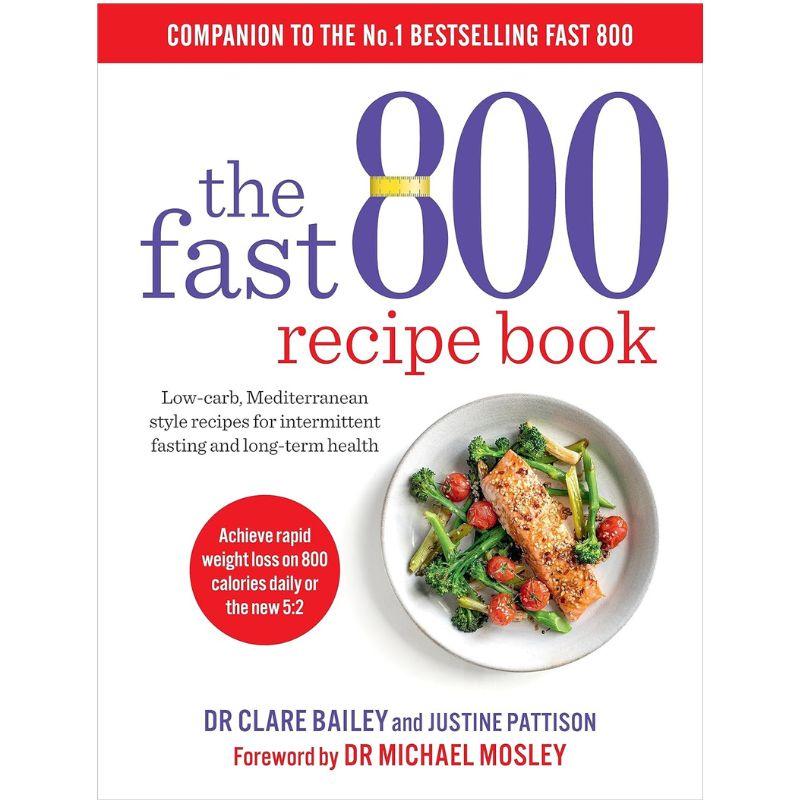What happens when you start fasting? Nutritionists explain the 5 key changes (that aren't weight loss)
For woman&home magazine, Jenny Rowe asks the experts about all the changes you can expect to see when you start fasting

Did you know that more than half of all Brits no longer eat three square meals a day, with a recent survey from snack company Graze revealing 61% of us prefer to skip breakfast?
It’s all down to the growing trend of intermittent fasting – when you limit food intake for set periods of time and cycle between periods of fasting and eating. Studies have shown that it can help you lose weight, and if done properly, can carry other health benefits.
“Popular reasons to fast include weight management, improved focus and increased longevity,” says dietician Roxane Bakker at vitl.com. Yet it’s not always easy. "It helps to remember that ‘fasting isn’t a diet but a lifestyle," she adds.
Find what works for you, as well as the intermittent fasting mistakes to avoid.
What happens when you start fasting
Firstly, before you try fasting, get the green light from a medical professional before you start and don’t jump straight into a 24-hour fast. “Start with shorter fasting periods and gradually increase the duration. This allows your body to adapt and minimises the risk of potential side effects,” says nutritionist Sophie Trotman. One of the biggest weight loss mistakes is trying to lose weight too quickly - so even at the start, always listen to your body and eat if you need to.
1.Your body shape may change
Good news: “While it depends on duration, type of fasting and overall energy expenditure, fasting promotes fat loss, as the body starts using stored fat for energy when it’s not receiving food,” says head nutritionist at vitl.com, Christina Mamada. The key is to retain an overall calorie deficit to lose weight, so avoid overeating during non-fasting periods while ensuring all your nutritional requirements are met.

2. You might think more clearly
“Fasting can help to regulate blood sugar levels, which prevents fluctuations that can lead to brain fog," says Sophie. During longer fasts (12+ hours), you may also feel more focused than usual because your body starts to use ketones for energy when its glycogen stores (a form of glucose) are used up. “Ketones are an efficient fuel for the brain, potentially enhancing its function,” says Sophie.
Sign up to our free daily email for the latest royal and entertainment news, interesting opinion, expert advice on styling and beauty trends, and no-nonsense guides to the health and wellness questions you want answered.
3. Energy levels could dip
What if you want to exercise? You may feel as if you’re running on empty. "Opt for lower-intensity activities that don’t require as much glucose for fuel, such as walking, yoga or gentle cycling," says Sophie. You should also ensure that you’re drinking enough water, as dehydration can exacerbate tiredness. Try to incorporate the best foods to eat when you feel tired into your diet, too.

4. You might be tempted to binge
This is one of the most common intermittent fasting mistakes and it could undo much of your hard work. Luckily, there are ways to outwit the intense cravings you may feel after a prolonged period without food. Firstly, plan your non-fasting meals in advance so you can eat something filling, tasty and nutritious right away. Then, ensure you’re not lacking sleep, as this can increase hunger and cravings, says Sophie.

RRP: £14.29 | Meal planning is key regardless of the fasting schedule you decide to follow and investing in a good cookbook will help you come up with a rooster of recipes to eat both on fasting and non-fasting days. This one features a range of recipes, all targeted at different types of intermittent fasting plans.
5. The risk of chronic disease might decrease
“In some people, fasting can improve insulin sensitivity, reduce inflammation, and help with cellular repair and blood pressure regulation,” says Sophie. In part, this is down to a process called autophagy, which is stimulated during fasting. “This is when the body starts to clean up damaged and broken cells and improve overall cell function,” says Roxanne. A topic of scientific debate, some may reach autophagy just 14 hours into a fast.

Intermittent fasting diets to try
Fasting for 16 hours and then eating within an eight-hour window is the 16:8 fast diet. Also known as the eight-hour diet, it is a form of intermittent fasting that's based on timed eating, rather than calorie-controlled eating.
The 5:2 diet involves having around 800 calories on two days per week, eating normally for five. It was first invented in 2013 by Dr Michael Mosley, a former doctor and weight loss expert, and food journalist Mimi Spencer. Unlike the 16:8 diet, it's based around calorie-controlled eating, rather than complete fasting. It was initially very restricted but the guidelines have since been revised.
Ultimately, the best fasting schedule will be the one that works for you and your lifestyle - the most important thing is consistency and avoiding crash dieting. Instead, start slow and listen to your body. As always when it comes to changing your eating habits, consult a doctor first.
Jenny Rowe joined Future in January 2022 as Senior Health Writer on Woman&Home, Woman and Woman’s Own magazines. Here, she covers the latest in health and wellness news.
- Anna PaulFreelance editor and writer

